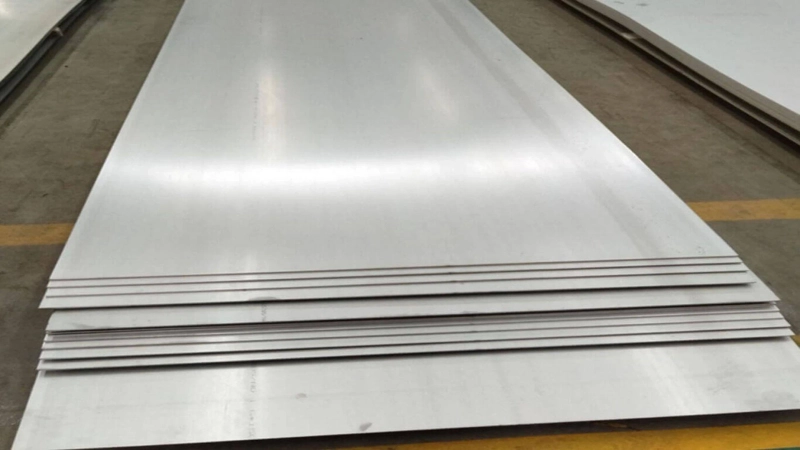When it comes to high-performance alloys for required applications, the Inconel X750 sheet is a popular choice. Its excellent strength, corrosion resistance, and mechanical properties make it ideal for high-temperature environments. However, with so many variations of Inconel X750 sheets available, how do you choose the right one for your project?
In this ultimate guide, we\'ll take you through everything you need to know about the Inconel X750 sheet, including its properties, variations, and factors when selecting the right sheet for your application.
Properties of Inconel X750 Sheet
Inconel X750 sheet is a nickel-chromium alloy that is precipitation-hardened to achieve high strength and excellent corrosion resistance. It can withstand temperatures up to 1300°F and is commonly used in gas turbine engines, nuclear reactors, and other high-temperature applications.
In addition to its high-temperature properties, the Inconel X750 sheet also offers excellent fatigue and stress-corrosion cracking resistance, making it a reliable choice for critical applications.
Variations of Inconel X750 Sheet
Several variations of the Inconel X750 sheet are available, each with unique properties and advantages. Some of the most common variations include:
- Inconel X750 annealed sheet: This variation of the Inconel X750 sheet is heat-treated to achieve maximum flexibility and ease of forming.
- Inconel X750 spring temper sheet: This variation is heat-treated to achieve maximum strength and is commonly used in springs and other high-stress applications.
- Inconel X750 solution treated and aged sheet: This variation of the Inconel X750 sheet is heat-treated to achieve high strength and good ductility.
- Inconel X750 cold-rolled sheet: This variation is cold-rolled to achieve a smoother surface finish and tighter tolerances.
Factors to Consider When Choosing Inconel X750 Sheet
When selecting the right Inconel X750 sheet for your project, there are several factors to consider, including:
- Sheet Thickness: The thickness of the sheet is an essential factor to consider as it affects the sheet\'s strength, durability, and resistance to corrosion. The thicker the sheet, the stronger it will be, but it may also be more challenging to form into specific shapes. Thinner sheets, on the other hand, are more flexible and easier to form.
- Sheet Size: The size of the sheet is another crucial factor to consider. Sheets come in various sizes, and the right size will depend on the specific application. Consider the space available for the sheet, the shape of the part, and the necessary tolerances.
- Grade: The grade of the Inconel X750 sheet is also important as it determines the sheet\'s mechanical properties and resistance to corrosion. Inconel X750 comes in different grades, each with unique properties that suit specific applications. Common grades include Inconel X750, Inconel X750H, and Inconel X750HT.
- Surface Finish: The surface finish of the sheet is another important factor to consider. The finish affects the sheet\'s appearance, ease of cleaning, and corrosion resistance. Common finishes include polished, brushed, and matte.
- Application: Finally, consider the specific application of the sheet. Inconel X750 sheets suit various applications, including aerospace, chemical processing, and gas turbines. Understanding the specific application will help you choose the right grade, thickness, and size of the sheet.
By considering these factors, you can choose the right Inconel X750 sheet for your project, ensuring that it meets your requirements for strength, durability, and resistance to corrosion.
Conclusion
Choosing the right Inconel X750 sheet for your project can be challenging. Still, by understanding its properties, variations, and factors to consider, you can make an informed decision that meets your specific requirements. With its excellent strength, corrosion resistance, and mechanical properties, the Inconel X750 sheet is a reliable choice for high-temperature applications.



